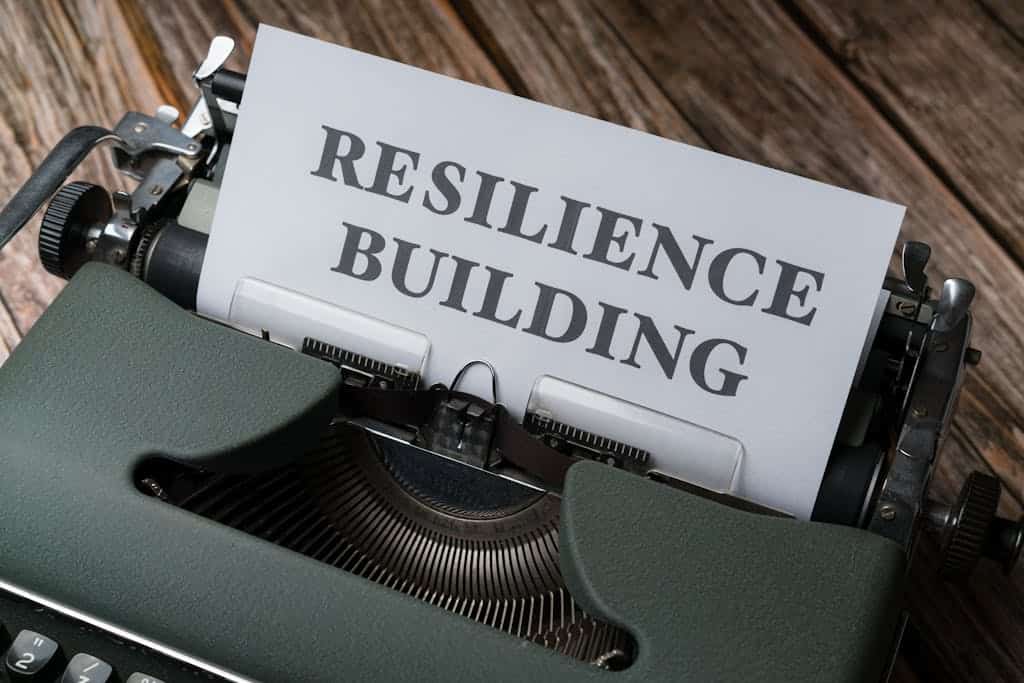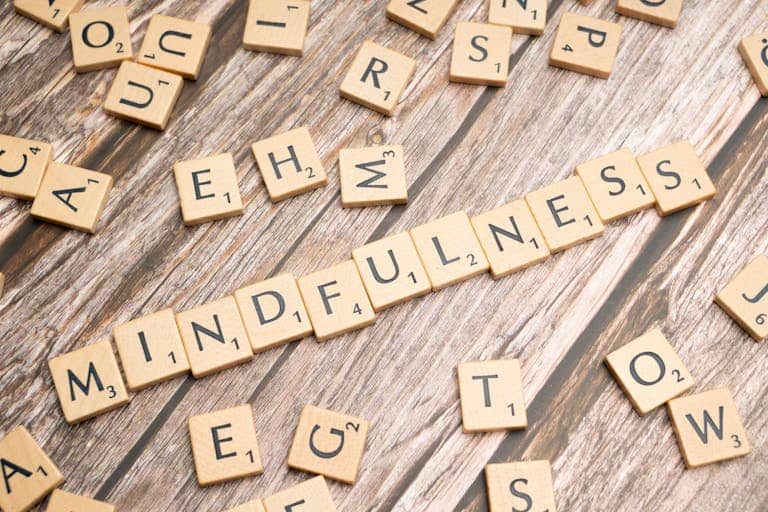Introduction
Emotional resilience is the ability to adapt to stressful situations and crises. It’s what allows you to remain calm in the face of turmoil and maintain a positive outlook despite setbacks. In a world where challenges are inevitable, emotional resilience becomes a crucial life skill that can lead to personal growth and well-being. But how can you cultivate this essential skill? One effective way is through reading insightful books on the topic. In this article, we’ll explore some of the best books on building emotional resilience that can help you navigate life’s challenges with grace and strength.

Which Books Can Help You Build Emotional Resilience?
1. “The Resilience Factor” by Karen Reivich and Andrew Shut
The first book on our list is “The Resilience Factor.” Karen Reivich and Andrew Shatté offer a comprehensive guide to understanding and improving your capacity for resilience. Using evidence-based strategies and real-life examples, they delve into the seven key skills that contribute to resilience.
Key Takeaways:
- Identifying the seven pillars of resilience: These include emotional regulation, impulse control, optimism, causal analysis, empathy, self-efficacy, and reaching out.
- Practical exercises to enhance your resilience: Each pillar is accompanied by exercises designed to reinforce and develop these skills in practical, everyday contexts.
- Real-life stories that illustrate these principles in action: Personal anecdotes help illustrate how these skills have been applied successfully in various scenarios.
Impact on Readers: This book not only provides theoretical knowledge but also actionable steps, allowing readers to immediately apply learned concepts in their lives. By integrating these exercises, you can gradually build a more resilient mindset, making it easier to overcome adversities.
2. “Option B” by Sheryl Sandberg and Adam Grant
“Option B” is a remarkable book co-authored by Sheryl Sandberg, the COO of Facebook, and Adam Grant, a renowned psychologist. The book was inspired by Sandberg’s personal journey through grief and loss after the sudden death of her husband. It blends personal anecdotes with research in psychology to provide a multifaceted approach to building resilience.
Key Takeaways:
- Emphasizing the power of community and shared experiences: The book stresses the importance of seeking support and sharing struggles to foster communal resilience.
- Techniques for finding meaning and strength in adversity: Through cognitive behavioral therapy techniques and resilience-building strategies, readers learn how to reinterpret and find meaning in their hardships.
- Strategies for personal growth following traumatic events: The narrative inspires readers to view their challenges as opportunities for personal development and growth.
Impact on Readers: By merging personal stories with evidence-based strategies, “Option B” resonates on an emotional level. Readers are encouraged to lean on their communities and find strength through shared experiences, ultimately enhancing their resilience.
3. “Grit: The Power of Passion and Perseverance” by Angela Duckworth
Angela Duckworth’s “Grit” sheds light on how passion and perseverance, rather than talent alone, are critical to achieving high levels of success. Drawing from her own experiences and research, Duckworth makes a compelling case for developing grit as a cornerstone of emotional resilience.
Key Takeaways:
- Defining grit and its components: The book breaks down grit into passion and perseverance and explores how these elements contribute to long-term success.
- Strategies to cultivate grit in your daily life: Practical advice and exercises help readers build grit incrementally.
- Real-world examples of gritty individuals who overcame challenges: Inspiring stories about athletes, leaders, and everyday heroes illustrate how grit can lead to remarkable achievements.
Impact on Readers: Readers are encouraged to adopt a long-term perspective on their goals and challenges. By understanding and practicing the components of grit, they can develop a resilient spirit that enables them to persist through obstacles.
4. “Rising Strong” by Brené Brown
Brené Brown, a renowned researcher and storyteller, explores what it means to rise strong after a fall. In “Rising Strong,” she provides a three-step process for transforming failure into power and resilience. Brown’s work is both deeply personal and widely universal, making it a vital read for anyone seeking to build emotional resilience.
Key Takeaways:
- Understanding the importance of vulnerability in resilience: Brown argues that embracing vulnerability is key to developing strength and resilience.
- The three-step Rising Strong process: Reckoning, Rumbling, and Revolution: These steps involve recognizing emotions, challenging narratives, and transforming experiences.
- Inspirational stories that demonstrate resilience in action: Through real-life examples, Brown shows how individuals have used her process to rise stronger after setbacks.
Impact on Readers: Brown’s narrative style and profound insights inspire readers to embrace their vulnerabilities as a pathway to resilience. The practical steps outlined make it easier for readers to apply these concepts in their lives, enabling them to rise stronger after failures.
5. “Man’s Search for Meaning” by Viktor E. Frankl
Viktor Frankl’s seminal work “Man’s Search for Meaning” is a profound exploration of finding purpose amidst dire circumstances. Drawing from his experiences as a Holocaust survivor, Frankl presents a framework for discovering meaning under the most challenging conditions.
Key Takeaways:
- The role of meaning in enduring suffering: Frankl’s narrative emphasizes that finding meaning can help individuals endure the most harrowing experiences.
- Practical advice for finding purpose in life’s hardships: The book outlines how to find purpose through suffering, work, and love.
- Frankl’s Logotherapy, a therapeutic approach centered on finding meaning: This approach focuses on the future and the opportunities for finding meaning rather than the past.
Impact on Readers: Frankl’s harrowing yet hopeful narrative encourages readers to seek and find meaning in their own lives. This shift in perspective can fundamentally alter how they approach suffering, making them more resilient.
6. “Resilient: How to Grow an Unshakable Core of Calm, Strength, and Happiness” by Rick Hanson
In “Resilient,” Rick Hanson, a psychologist and senior fellow at the Greater Good Science Center, provides practical exercises for developing emotional resilience. Hanson combines insights from neuroscience, mindfulness practices, and positive psychology to help readers cultivate an inner sense of calm and strength.
Key Takeaways:
- Techniques for hardwiring resilience into your brain: By utilizing neuroplasticity, Hanson advises on how to rewire your brain to enhance resilience.
- The benefits of mindfulness and positive psychology in building resilience: Hanson shares how mindfulness and fostering positive experiences can strengthen emotional resilience.
- Daily practices to maintain a resilient mindset: Simple yet effective practices help inculcate resilience into everyday life.
Impact on Readers: Hanson’s practical advice backed by neuroscience provides readers with a clear, actionable path to building resilience. The integration of mindfulness and positive psychology makes the process holistic and accessible.
7. “The Gift of Imperfection” by Brené Brown
Another vital read from Brené Brown, “The Gifts of Imperfection” encourages readers to embrace their flaws and imperfections. Brown’s work in this book highlights how self-acceptance and vulnerability can lead to greater emotional resilience.
Key Takeaways:
- The importance of embracing imperfections for mental well-being: Brown’s message is clear: accepting imperfections is a strength, not a weakness.
- Strategies for cultivating authenticity and self-compassion: Practical advice on living authentically and practicing self-compassion.
- Brown’s actionable guideposts for wholehearted living: Ten guideposts provide a foundation for living a life filled with courage, connection, and compassion.
Impact on Readers: Readers learn the value of embracing their authentic selves, leading to increased emotional resilience. Brown’s guideposts offer a practical roadmap for living a more fulfilled and resilient life.

Conclusion
Building emotional resilience is a lifelong journey, but the right resources can make it significantly easier. The books mentioned above offer a wealth of knowledge, practical advice, and inspirational stories to help you navigate life’s challenges. Whether you are dealing with personal loss, professional setbacks, or just everyday stress, these books can equip you with the tools needed to bounce back stronger and more resilient.
The journey towards emotional resilience can begin with a single book. Each title on this list provides unique insights and strategies, catering to different aspects of resilience. By integrating the lessons from these books into your life, you can develop a robust, resilient mindset capable of overcoming any challenge.
So, what’s stopping you? Pick up one of these remarkable books and start your journey toward greater emotional resilience today. Which book are you most excited to read first? Is there a particular area of resilience you’re looking to develop further?






4 Comments
Comments are closed.